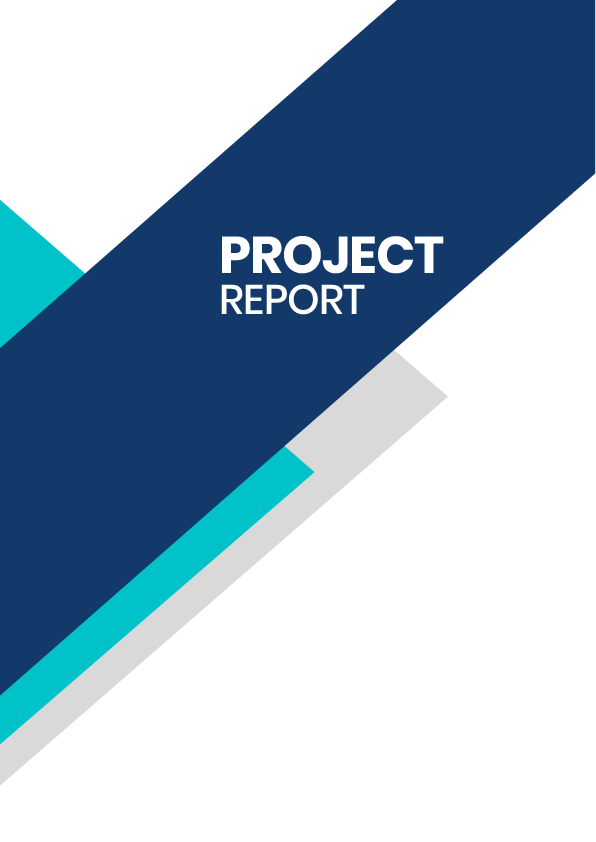Related Keywords
- Basmati Farming
- Aromatic Rice Cultivation
- Premium Rice Farming
- Long-Grain Rice Cultivation
- बासमती चावल की खेती
- सुगंधित धान उत्पादन
Business Potential & Feasibility of Basmati Rice Cultivation
- You can find big demand for Basmati rice in places like the Middle East, Europe, and US because people like its smell and taste.
- In India, families and restaurants buy Basmati all the time, so more people want it every year.
- Basmati makes good money as an export crop, selling for ₹80,000–₹1,20,000 per tonne in other countries.
- Wholesalers buy lots of Basmati for stores, and retailers sell it in small bags to homes.
- Big food companies and export groups buy Basmati to pack and send it around the world.
- You can grow Basmati best in rich, loamy soil that drains water, in places like Punjab or Haryana with plenty of water.
- Basmati needs lots of water, about 1,200–1,500 mm, so you can set up irrigation to keep it flowing.
- You can spend ₹50,000–₹70,000 per acre on land, seeds, workers, fertilizers, and water systems to start.
- Government plans like PM-KISAN and farm loans give you money and help.
- Basmati sells well, but bugs can hurt it; exports bring chances, but bad weather can cause problems.
- You can use smart farming with tools to check soil and water, helping plants grow stronger.
- Organic Basmati skips harmful chemicals, and people pay extra for clean, natural rice.
- Drones and sensors let you watch crops and fix issues quickly.
- Basmati types like Pusa Basmati 1121 and 1509 grow a lot and sell fast.
- You can farm in earth-friendly ways, using less water and natural plant food to keep nature safe.
Benefits & Profitability for Entrepreneurs in Basmati Rice Cultivation
- You can earn money every season since basmati rice grows once or twice a year, giving steady cash.
- You can sell basmati rice to other countries like the Middle East, where demand keeps growing, boosting your profits.
- You can make extra products like flavored rice or organic packs to sell for more money.
- You can build your own brand by focusing on special basmati types, like organic or premium, to stand out.
- You can market to niche buyers, such as health food stores, to grow your business faster.
- You can harvest 1,500–2,000 kg of basmati rice per acre, selling at ₹3,000–₹4,000 per 100 kg in India.
- You can spend ₹30,000–₹40,000 per acre on seeds, water, and workers, but earn ₹45,000–₹80,000, leaving good profit.
- You can break even at ₹35,000–₹40,000 per acre, meaning you make money after selling about 1,000 kg.
- You can grow more acres or add machines to scale up and earn even bigger profits over time.
Best, Affordable & Reliable Project Report for Basmati Rice Cultivation in India

Need expert service?
Please send a WhatsApp message to us, and our team of experts will guide you in creating a project report for bank loan.
Create Your own project report in less than 10 mins.
- Unlimited edits
- Unlimited downloads
- Up to 10 years of projections
- 20+ pages

Frequently asked questions
Everything you need to know about the product and billing.
Finline is an online tool for creating a project report for bank loan online and see the report for free online. You only need to pay for downloading the report.
Can I change my plan later?
Yes , ofcourse you can upgrade from a lite plan to a pro at anytime.
Can I edit the report after download ? is it chargeable?
You can do unlimited edits even after download without any extra payment.
What is the ‘lite’ and ‘pro’ plan ? Is it subscription based plans?
Lite and Pro are just individual report download plans , not subscription plans.
Do I require a CA seal & Stamp for getting a loan?
Not at all, project report is a business plan about your business and it should be prepared by an entrepreneur . Nobody can predict and certify a business which is going to happen in the future.
Can I get any assistance from your team?
Yes of course, you can go to the help section in all pages were you can find chat button for seeking support.
Can I get a project report format for bank loan through Finline?
Yes! Finline provides a ready-to-use project report format for bank loan. You can create it online, see it for free, and download it instantly for your loan application. This makes your project report format for loan easy to complete in just a few steps.
Do you provide a project report format for bank loan in excel?
Yes. Finline offers a project report format for bank loan in excel that is easy to edit and customize. You can also download a project report format for loan in excel if you prefer working offline.